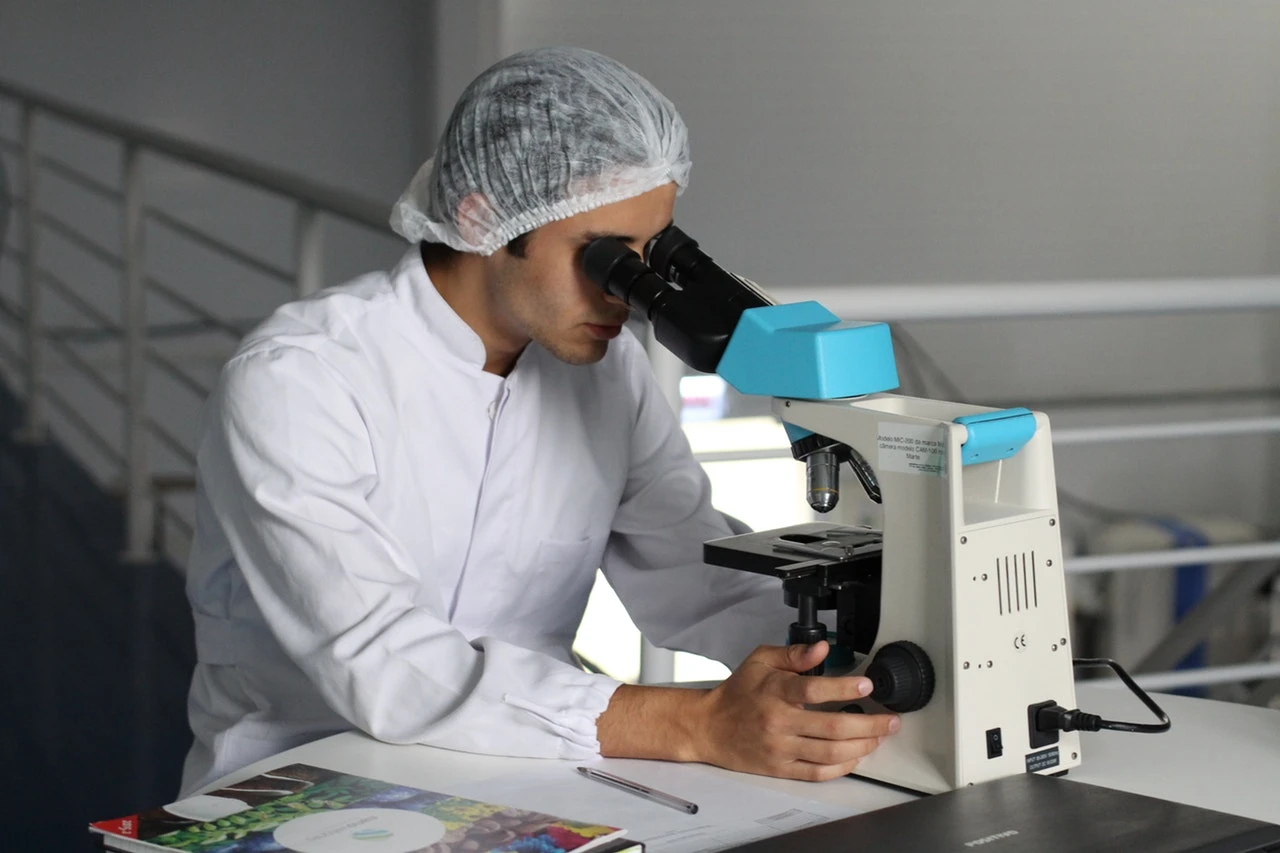Seeing a Link
personalEYES | 12 Sep 2019

A recent study by University of Sydney researchers, published in JAMA Internal Medicine, has found a link between consistent use of aspirin and macular degeneration. Though the findings are still new and require further investigation and substantiation, they have the potential to influence medical practice in coming years.
 GOODBYE TO ASPIRIN?
GOODBYE TO ASPIRIN?
Originally developed for pain relief and anti-inflammation purposes, aspirin has become a popular prescription for the prevention of heart attacks and strokes. For those in at a high risk of either condition, the drug has been shown to decrease the likelihood of such an event. However, the study suggests that those who use aspirin on a regular basis are more likely to suffer from macular degeneration.
To be more specific, the study suggested that those who take aspirin regularly had a higher probability of developing ‘wet’ macular degeneration. This is the most severe form of macular degeneration, and occurs when blood vessels in the eye leak into the macula (in the middle of the retina) causing vision to be blocked. It is distinct from ‘dry’ macular degeneration, which is caused by the atrophy of certain layers below in the retina.
Macular degeneration is already the leading cause of vision loss and severe blindness throughout Australia and in the United States. Higher incidences of macular degeneration would create a greater strain on providers of sight aids, such as the Royal Society for the Blind. If aspirin is contributing to higher incidences of macular degeneration, there may be a rethink in the frequency of aspirin prescription.
Despite this, the researchers behind the study did not go so far as to suggest people stop taking aspirin altogether. Instead, those who may be at risk of macular degeneration should talk to their doctor about the potential dangers in taking aspirin regularly. Those currently using aspirin should also talk to their GP before changing their medication.
A MORE POSITIVE OUTLOOK
Though the link between aspirin and macular degeneration is undoubtedly undesirable, there is possibly a silver lining to the discovery. At the moment, those suffering from the ‘dry’ form have no recourse to treatment, while people with the ‘wet’ form can have recourse to laser eye surgery or anti-VEGF drugs; however, there is no guarantee of success.
If there is an even greater increase in the number of people with macular degeneration, there may be increased investment in the development of effective treatments. Like other conditions before it, more sufferers may provide the impetus needed for further research.
Of course, developments in treatment are not just dependent on the number of people with a condition. But as our population begins to age, companies may begin to see the possibilities in improving current treatments.



